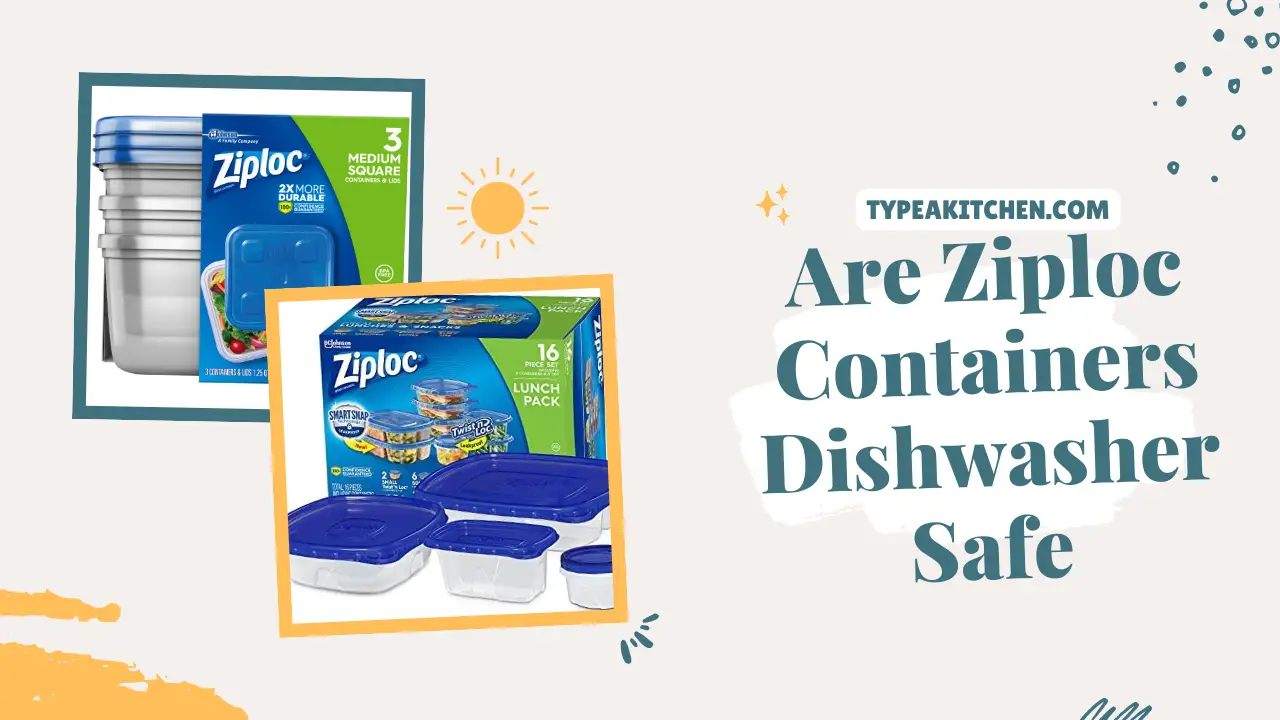Why Are There Black Spots On My Dishes After Dishwasher?
Do you ever find yourself struggling with why Are There Black Spots on my dishes after dishwasher?
Don’t worry, you’re not alone. Many people face this common issue and wonder what might be causing it. The appearance of these mysterious black spots can be frustrating, especially when you’ve just put in a load of clean dishes and expect them to come out spotless.
But fear not, because we’re here to uncover the reasons behind these pesky marks and help you find solutions to prevent them from happening again.
One possible culprit for the black spots on your dishes is hard water. Hard water contains high levels of minerals such as calcium and magnesium that can leave behind residue on your plates and glasses.
When these minerals combine with detergent during the washing cycle, they can create stubborn deposits that appear as black spots.
To combat this issue, consider using a water softener or adding a rinse aid to your dishwasher’s cleaning process. These products help reduce mineral buildup and keep your dishes looking pristine.
Another factor that could be contributing to those pesky black spots is food particles left behind on your dishes before placing them into the dishwasher. Even tiny remnants of coffee grounds or spices can adhere to the surface of your plates and cause discoloration during the wash cycle.
To avoid this problem, make sure to thoroughly rinse off any food scraps before loading up your dishwasher. Regularly cleaning out the filter or trap in your machine can prevent debris from recirculating onto clean dishes.
Reasons for black spots on dishes
1. Water Quality
One of the primary culprits for black spots on your dishes is the quality of your water. If your tap water contains minerals like calcium and magnesium, it can leave behind mineral deposits on your dishes as it evaporates during the dishwasher’s drying cycle.
These deposits can manifest as black spots, particularly if they are allowed to accumulate over time.
Solution:
- Consider installing a water softener to reduce the mineral content in your water.
- Use a dishwasher additive or rinse aid specifically designed to combat hard water stains.
2. Detergent Residue
Using too much detergent or the wrong type of detergent can lead to residue buildup on your dishes, which can appear as black spots.
If the detergent isn’t properly rinsed off during the wash cycle, it can leave behind a film that bakes onto the dishes during the drying cycle.
Solution:
- Follow the manufacturer’s recommendations for the amount and type of detergent to use.
- Make sure your dishwasher’s detergent dispenser is functioning correctly.
- Run an empty dishwasher with a cup of vinegar to remove detergent buildup.
3. Overloading the Dishwasher
Overloading the dishwasher can hinder water circulation, preventing the proper rinsing of dishes. This can result in soap and food residue adhering to the dishes and appearing as black spots after drying.
Solution:
- Load the dishwasher according to the manufacturer’s guidelines, leaving space for water to flow freely around each dish.
- Avoid stacking dishes too closely or blocking the spray arms.
Aluminum Cookware
Aluminum cookware is susceptible to reacting with certain detergents and causing black spots on dishes. This chemical reaction can occur when aluminum pans come into contact with alkaline detergents.
Solution:
- Hand wash aluminum cookware separately from other dishes or use a dishwasher-safe aluminum cleaner.
- Ensure your dishwasher’s detergent is compatible with aluminum items.
4. Rust in the Dishwasher
The rust within the dishwasher can be a hidden source of black spots on your dishes. If rust particles become dislodged during the wash cycle, they can settle on your dishes and leave behind unsightly marks.
Solution:
- Regularly inspect your dishwasher’s interior for any signs of rust.
- If you find rust, consider replacing the affected parts or, in extreme cases, the entire dishwasher.
5. Age and Condition of the Dishwasher
An older dishwasher may not clean as efficiently as it once did, leading to issues like black spots on dishes. Over time, wear and tear can affect the dishwasher’s ability to remove residue effectively.
Solution:
- Consider upgrading to a more modern, efficient dishwasher if your current one is aging.
- Ensure that the dishwasher’s spray arms and filters are clean and functioning properly.
Conclusion
Black spots on your dishes after using the dishwasher can be frustrating, but they are not insurmountable. By understanding the underlying causes and implementing the appropriate solutions, you can restore your dishes to their pristine condition.
Whether it’s addressing water quality issues, using the right detergent, or maintaining your dishwasher, taking proactive steps can help you enjoy spotless, clean dishes after every wash.
FAQs
Q1: Why are there black spots on my dishes after the dishwasher?
Black spots on dishes can result from various factors, including hard water minerals, detergent residue, overloading, aluminum cookware reactions, rust in the dishwasher, and the dishwasher’s age and condition.
Q2: How can I prevent black spots on my dishes?
To prevent black spots, use a water softener for hard water, follow detergent recommendations, avoid overloading, clean aluminum cookware separately, inspect for rust, and maintain your dishwasher properly.
Q3: Can using too much detergent cause black spots?
Yes, using excessive detergent can lead to detergent residue, which can appear as black spots on dishes. Follow the manufacturer’s recommended detergent amount.
Q4: Are there specific dishwasher detergents to prevent black spots?
Some dishwasher detergents are designed to combat hard water stains and reduce the likelihood of black spots. Look for detergents with this feature.
Q5: Should I hand wash aluminum cookware to prevent black spots?
To prevent black spots from aluminum cookware, you can either hand wash them separately or use a dishwasher-safe aluminum cleaner.












